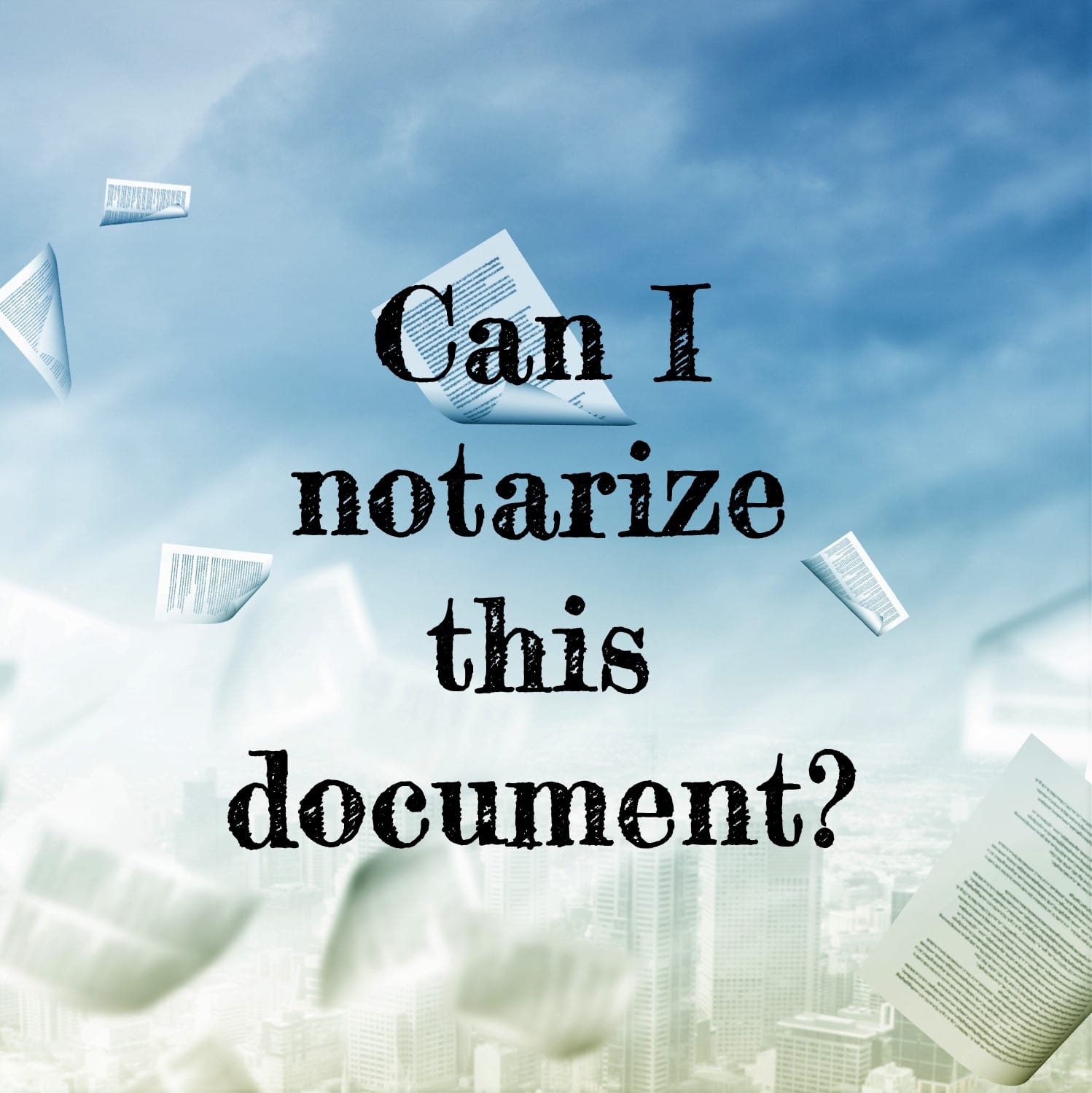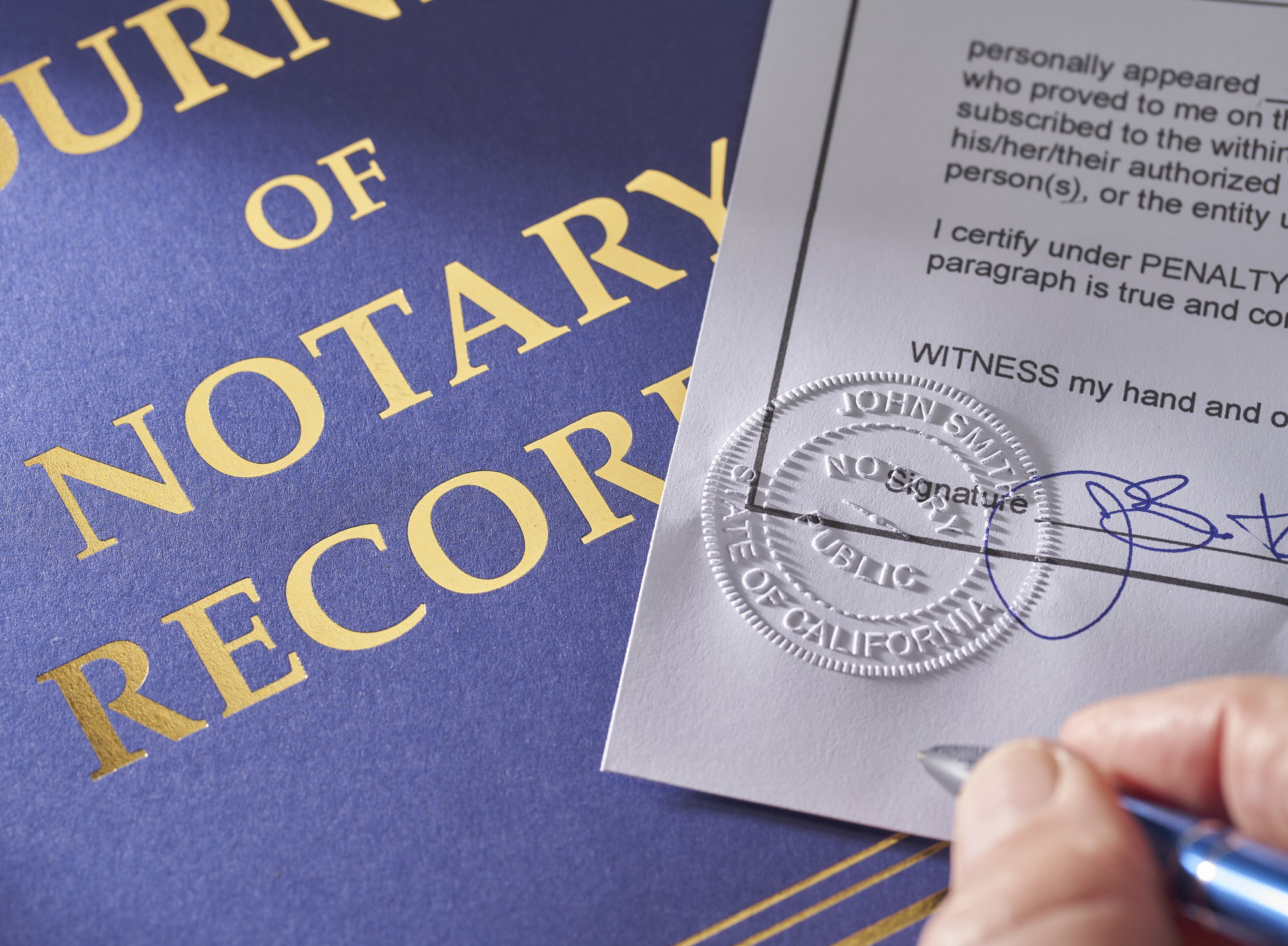Can The Post Office Notarize? Everything You Need To Know About Notary Services At USPS
Hey there, friend! Let’s dive straight into a question that’s been buzzing around in the minds of many—can the post office notarize documents? If you're scratching your head wondering whether the good ol’ USPS offers notary services, you're in the right place. This is one of those practical queries that pops up when you're knee-deep in paperwork and need a quick solution. So, let’s break it down for ya.
Notary services play a big role in our lives, especially when dealing with legal documents. Whether you're signing a lease, transferring property, or finalizing important contracts, having your documents notarized ensures authenticity and legal standing. But here’s the kicker—does the post office offer this service? We’ll spill the tea on that in a moment.
Before we get into the nitty-gritty, let’s just say this—while the post office doesn’t directly provide notary services, they’ve got some pretty nifty alternatives that could save your day. Stick around, and we’ll walk you through all the details. Let’s make sure you’ve got all the info you need to handle your paperwork like a pro!
- January 12 Horoscope What Stars Have In Store For You Today
- Fallout New Vegas Map Ndash Your Ultimate Guide To Exploring The Wasteland
What Exactly Does Notarization Mean?
Alright, let’s rewind a bit. If you’re not 100% sure what notarization means, don’t sweat it. A notary public is basically an official who verifies the identity of the people signing important documents. They ensure that everything’s legit, preventing fraud and ensuring the document holds up in court. Think of them as the gatekeepers of legal paperwork.
Now, when you hear the term "notarize," it simply means getting that official stamp of approval from a notary. This process adds an extra layer of security to your documents, making them legally binding. So, whether you’re dealing with real estate transactions, wills, or even power of attorney, notarization is often a must-have step.
Here’s a quick rundown of what typically happens during notarization:
- Newark Airport Food A Foodies Guide To Dining At Ewr
- Characters From Dune A Deep Dive Into The Universersquos Most Iconic Figures
- The notary verifies your identity using valid ID
- They ensure you’re willingly signing the document without coercion
- They add their official seal or stamp to the document
Simple enough, right? Now that we’ve got the basics down, let’s get back to the main question—can the post office step in and help with this?
Can the Post Office Offer Notary Services?
Here’s the deal—the United States Postal Service (USPS) doesn’t officially provide notary services. But wait, don’t close this tab just yet! While the post office itself isn’t in the notary business, they do offer related services that might be just what you’re looking for.
One of the coolest things USPS offers is something called "witness signatures." This service allows postal employees to witness your signature on certain documents. While it’s not exactly the same as notarization, it can come in handy for specific situations where you just need someone to confirm you’re who you say you are.
Plus, many post offices partner with local notaries or offer directory listings to help you find one nearby. So, while they might not have a notary seal on hand, they’re definitely here to assist in other ways.
Alternative Services Offered by the USPS
Let’s talk about some of the other awesome services the post office offers that could be super useful when dealing with important documents. Here are a few highlights:
1. Certified Mail
Certified mail is a lifesaver when you need proof that you’ve sent or received important documents. It’s like the post office’s way of saying, “Yeah, we’ve got your back.” When you send certified mail, you get a receipt that confirms the delivery. This can be crucial for legal purposes, especially if you’re dealing with contracts or court-related documents.
2. Return Receipt
Return receipt is another service that gives you peace of mind. It’s a little slip the recipient signs and sends back to you, proving they’ve gotten your package or letter. Think of it as a handshake between you and the post office, ensuring everything’s on the up-and-up.
3. Signature Confirmation
This one’s a bit like certified mail but with an extra layer of security. Signature confirmation requires the recipient to sign for the package or letter, giving you proof that it was delivered to the right person. It’s perfect for those moments when you can’t afford any mix-ups.
Where to Find a Notary Near You
So, if the post office isn’t the place for notary services, where do you go? Don’t worry—we’ve got you covered. Here are a few places where you can find a notary public:
- Bank branches—many banks offer free notary services to their customers
- Law offices—lawyers often have notaries on staff
- UPS Stores—these shipping centers frequently offer notary services
- Local government offices—some city halls or courthouses have notaries available
Pro tip: Before you head out, always call ahead to confirm they offer notary services and check if there’s a fee. Some places might charge a small fee, while others, like banks, might offer it for free if you’re an account holder.
How Much Does Notarization Cost?
Now, let’s talk money. Notary fees can vary depending on where you go and what state you’re in. On average, you’re looking at anywhere from $5 to $25 per notarization. Some places, like banks, might offer it for free if you’re an existing customer.
Here’s a quick breakdown of typical notary fees:
- Bank: Free to $10 (for customers)
- UPS Store: $10 to $20
- Independent notaries: $15 to $25
Keep in mind that prices can fluctuate, so it’s always smart to ask beforehand. And hey, if you’re on a budget, don’t forget to explore free options, like those offered by some libraries or community centers.
What Documents Need Notarization?
Not sure which documents require notarization? Don’t worry—it’s a common question. Here’s a list of some common documents that often need a notary’s touch:
1. Real Estate Documents
Buying or selling a house? Chances are you’ll need a notary for deeds, mortgages, and other property-related paperwork.
2. Wills and Trusts
When it comes to estate planning, notarization adds an extra layer of security, ensuring your wishes are legally recognized.
3. Power of Attorney
This document lets someone act on your behalf, so having it notarized is crucial to prevent any potential issues down the line.
4. Contracts
Whether it’s a business deal or a lease agreement, notarization can help protect both parties involved.
Remember, not every document needs notarization, but when it does, it’s worth the extra step to ensure everything’s above board.
Why Is Notarization Important?
Here’s the big question—why does notarization matter so much? Well, it’s all about trust and authenticity. When a document is notarized, it means a neutral third party has verified the identity of the signers and ensured they’re signing willingly. This helps prevent fraud and ensures the document holds up in court if needed.
Think of it this way—would you trust a contract if there was no proof the signatures were legit? Probably not. That’s where notarization comes in, adding that extra layer of credibility and peace of mind.
How to Prepare for Notarization
Alright, you’ve found a notary—now what? Here’s how to prepare for your notary appointment:
- Bring valid ID (driver’s license, passport, or state ID)
- Make sure the document is fully completed except for the signature
- Don’t sign the document beforehand—wait until the notary is present
- Double-check all the information for accuracy
Pro tip: Give yourself plenty of time for the appointment. Rushing can lead to mistakes, and no one wants that when dealing with important paperwork.
Can You Use Digital Notarization?
In today’s tech-savvy world, digital notarization is becoming more popular. This process allows you to get documents notarized online, often in real-time, through video conferencing. It’s a convenient option for those who can’t make it to a physical notary or need something done quickly.
Here’s how it works:
- You upload your document to a secure platform
- A virtual meeting is scheduled with a certified notary
- You sign the document electronically while the notary watches via video
- The notary adds their electronic seal and sends the completed document back to you
Just like traditional notarization, digital notarization is legally binding and accepted in many states. However, it’s always a good idea to check the specific requirements of your state or the entity requesting the notarization.
Final Thoughts: Can the Post Office Notarize?
Alright, we’ve reached the end of our notary journey. To sum it up—the post office doesn’t offer direct notary services, but they’ve got some pretty cool alternatives that can help you out. Whether it’s certified mail, return receipts, or signature confirmation, USPS has your back when it comes to handling important documents.
And if you do need a notary, don’t panic. There are plenty of places nearby that can assist you, from banks to UPS Stores. Just remember to prepare properly, bring the right ID, and give yourself enough time to get everything sorted.
So, what are you waiting for? Whether you’re signing a lease, finalizing a will, or transferring property, make sure your documents are notarized and ready to roll. And hey, if you’ve got any questions or need more info, drop a comment below—we’d love to hear from you!
Table of Contents
- What Exactly Does Notarization Mean?
- Can the Post Office Offer Notary Services?
- Alternative Services Offered by the USPS
- Where to Find a Notary Near You
- How Much Does Notarization Cost?
- What Documents Need Notarization?
- Why Is Notarization Important?
- How to Prepare for Notarization
- Can You Use Digital Notarization?
- Final Thoughts: Can the Post Office Notarize?
- Mays Birth Flower A Blooming Guide To Celebrate Spring
- Edwards In Greys Anatomy Unveiling The Mystery And Impact

Post Office Notary Services A Comprehensive Guide To Convenience And

Need to Know When a Notary Can & Can't Notarize

Can i notarize this notary fact Artofit